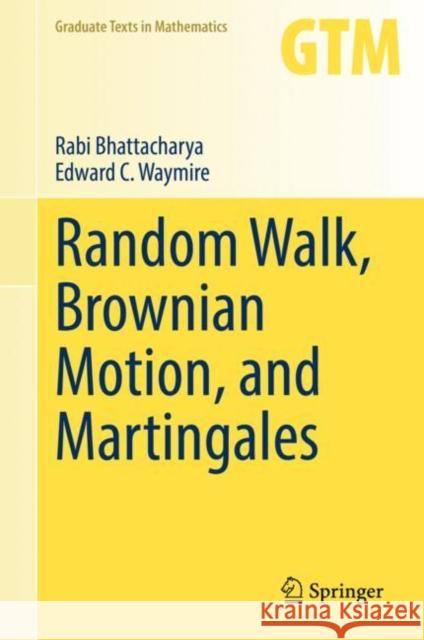Random Walk, Brownian Motion, and Martingales » książka
topmenu
Random Walk, Brownian Motion, and Martingales
ISBN-13: 9783030789374 / Angielski / Twarda / 2021 / 400 str.
Kategorie:
Kategorie BISAC:
Wydawca:
Springer Nature Switzerland AG
Seria wydawnicza:
Język:
Angielski
ISBN-13:
9783030789374
Rok wydania:
2021
Wydanie:
2021
Numer serii:
000009678
Ilość stron:
400
Waga:
0.81 kg
Wymiary:
23.88 x 20.32 x 2.29
Oprawa:
Twarda
Wolumenów:
01











